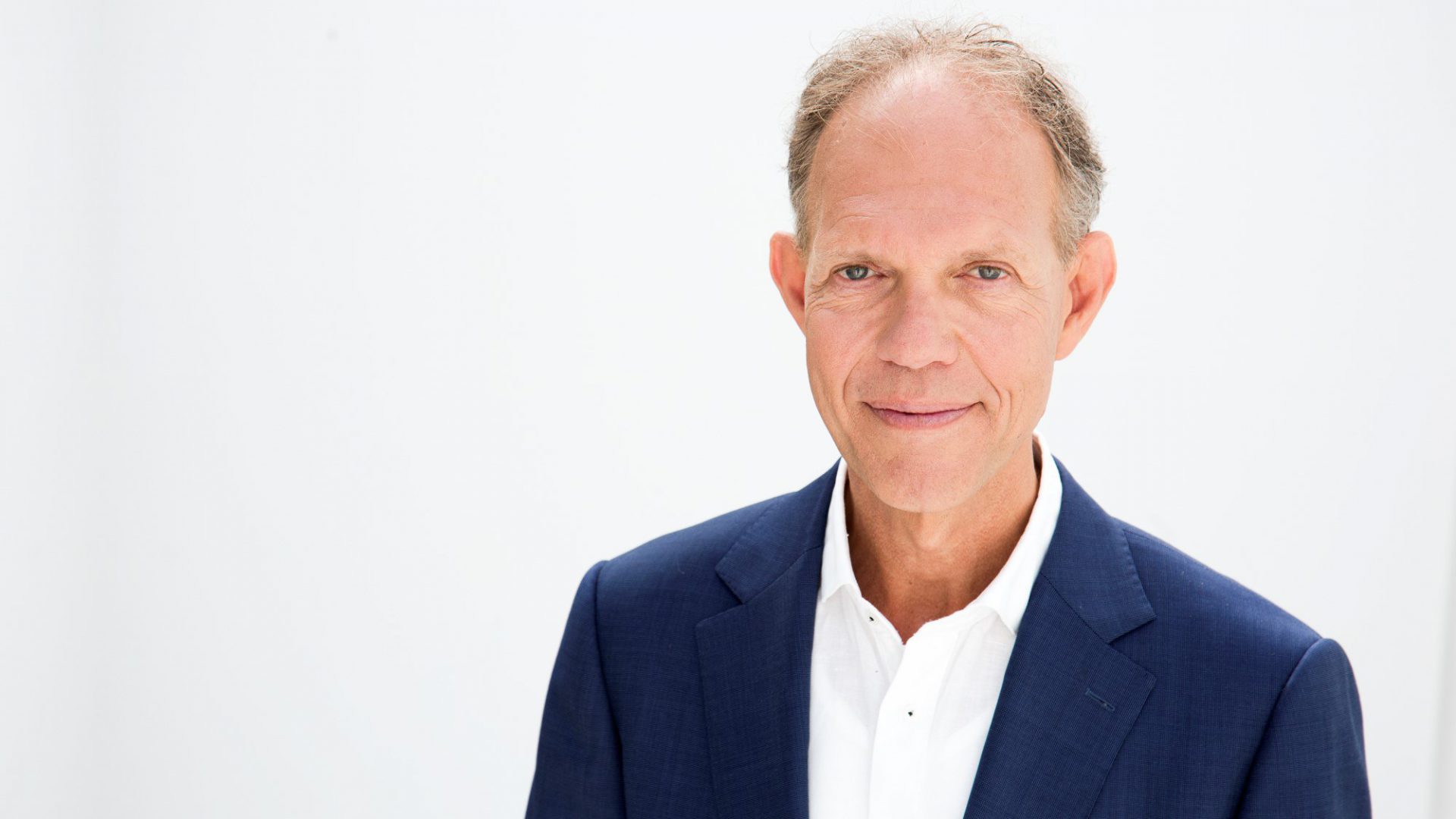
What is the Dutch Heart Foundation in short and what does your organisation stand for?
“The DHF, together with many volunteers, donors, patients and researchers, tries to get the most out of the Dutch people’s hearts. This is important, because the high burden of cardiovascular disease is the greatest health challenge of our future. Every day, hundreds of people are suddenly affected by cardiac arrest, stroke or other cardiovascular conditions. It is imperative that we can recognise, detect and treat cardiovascular diseases earlier. This can only be achieved by working together even more intensively and that is exactly what we’re trying to achieve with the Dutch CardioVascular Alliance. As one of the initiators, I think I may add that we see a driving role for the DHF here.”
What does the Dutch Heart Foundation hope to get out of the partnership with the DCVA?
“Our ultimate purpose is reducing the burden of cardiovascular disease. Tens of thousands of researchers, doctors and healthcare professionals are working on this every day, even without the DHF and the DCVA. But to really make a difference, to really have impact, you cannot work in isolation. You can only move forward in the same direction, if you know what the other parties are doing. What we hope to get out of the DCVA is that the fantastic things discovered in the field of research become available for patients as soon as possible. The patient ultimately benefits the most from our collaboration. What the DCVA provides is direct access to partners who play a key role in our mission. Together we will achieve a national agenda and a consistent story. Together we ensure that everyone can continue to do what he or she does best, for example by supporting the valorisation of research results and by providing a robust infrastructure. ”
What does the Dutch Heart Foundation add to the DCVA, why should we be happy that the Dutch Heart Foundation is participating? Who ultimately benefits the most?
As one of the founders and initiators, we do everything we can to ensure that DCVA projects are well supported with knowledge, network and people. All partners contribute and participate, of course, but we arrange a lot. We make sure that people come together, that there are agendas, that proposals and recommendations are marked down, that projects are supported. Also, we are an objective party. This is useful if, for example, there is a dispute between two research centres. We are in a position to mediate, because we only have one interest: the patient. We represent the voice of our donors and supporters. The research agenda that we stand for was not dictated by us but by the Dutch society.”
Question from NFU:
Dear Floris, prevention, including that of cardiovascular disease, is crucial to meet the future demand for healthcare, but prevention (for instance by positively influencing lifestyle) is not the natural subject of an organisation that focuses on a specific condition. How do you see the role of the Dutch Heart Foundation in (cardiovascular) prevention and to what extent is cooperation with the UMCs important in that area?
The purpose of the DHF is to ensure that people get the most out of their hearts. Since its establishment, the DHF has focused on stimulating cardiovascular research and providing public information, including about a healthy lifestyle. An estimated 70% of all cardiovascular diseases are related to lifestyle. Of course, this is something we care about. That is why we make an effort to contribute to a healthy society. We do this in two ways. First, by facilitating earlier detection of people at high risk, specifically in the field of cardiovascular disease, for example by stimulating regular measurements of blood pressure and cholesterol. This is something we mainly do by ourselves. When it comes to risk factors that are not specific for cardiovascular disease, but also induce or aggravate other diseases, things such as smoking, eating too much fat, salt or sugar, or a sedentary lifestyle, we collaborate with other organisations, such as the Dutch Cancer Society (KWF) and Lung Foundation Netherlands (Longfonds). Collaboration with UMCs is indispensable for early detection and prevention of diseases. Not only when it comes to secondary prevention, which hopefully helps patients recover quicker. But the UMCs can also use their position to encourage municipalities, suppliers and partners to contribute to a healthy environment, for example by not allowing smoking near the hospital, or by selecting suppliers who do not do business with the tobacco industry. We look forward to further cooperation with the UMCs, also regarding prevention.”